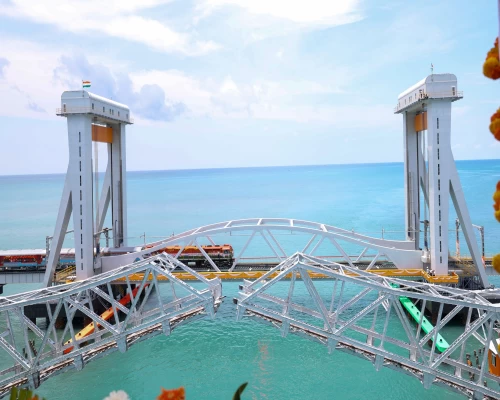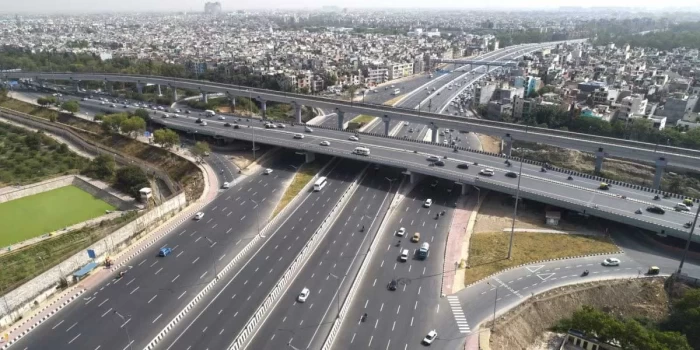
New Delhi: The National Highways Authority of India (NHAI) has updated its policy on tree plantations along highways, focusing on improving clarity in project execution. According to the amended guidelines, the responsibility for plantation work must now be clearly outlined in the Detailed Project Report (DPR).
A recently released Standard Operating Procedure (SoP) for highway plantations indicates that, where possible, the scope of plantation work – including avenue and median plantings – should be integrated into the responsibilities of the contractor or concessionaire.
The revised policy also calls for precise estimates of plantation and transplantation costs, based on the number of trees that can be planted on available land. It stresses the importance of following spacing guidelines for rows and trees. In addition, a kilometre-wise map should be prepared, outlining available land and specifying the number of trees and rows for each section.
“The DPR consultant must design the greening programme in line with Indian Road Congress guidelines," reads the SoP, "The cost must also account for protective measures for the plantations, watering, and maintenance for at least five years after planting. These costs should be included in the overall project cost."
NHAI's revised policy mandates that tree planting should only begin after significant civil construction work has been completed. Avenue plantations are to be confined to land within the Right of Way (ROW), taking into account future road expansions, utilities, service roads, and structures.
The SoP sets out distinct procedures for projects in various stages of development – whether ongoing, completed, or yet to be awarded. It also clarifies the roles of NHAI officials and DPR consultants in monitoring and awarding plantation work.
Before any plantation begins, NHAI is required to consult local forest departments to ensure compliance with relevant regulations on tree raising, maintenance, and harvesting. The authority will modify plantation schemes based on these consultations to avoid potential issues.
The guidelines further highlight that, if a state government requires plantation registration, this should be done in accordance with local regulations. “Plantation is not a one-time activity," the SoP emphasises. "Ensuring the survival and growth of the plants through regular maintenance is more important than the initial planting itself. Therefore, plantation efforts must continue throughout the full life cycle of the project and beyond.” /BI


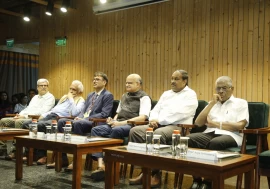
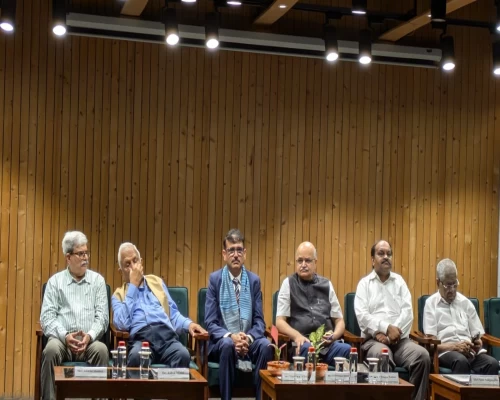

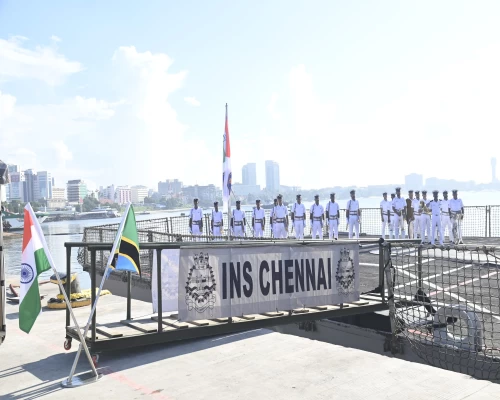


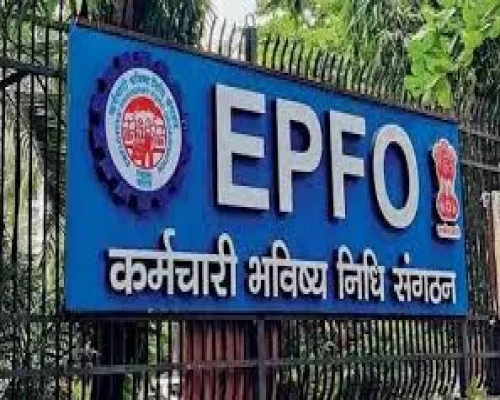
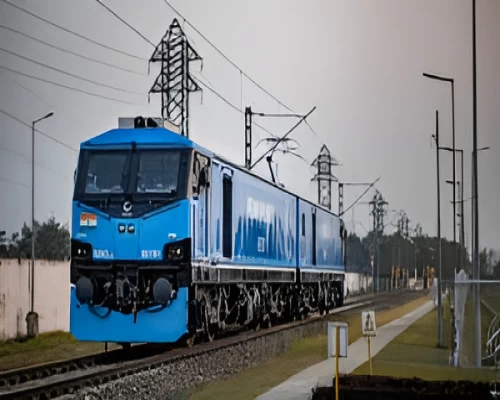
_500_x_400.webp)
